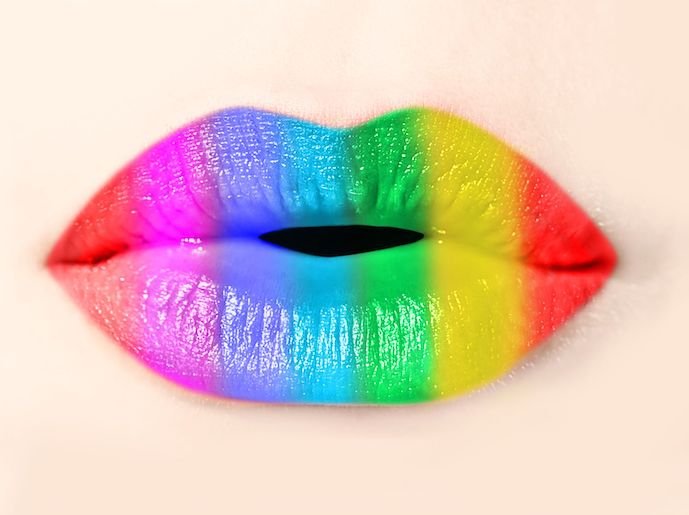Why possessing a ‘gay voice’ can lead to discrimination
Whilst many parts of the developed world have now embraced the cause of LGBT rights and equality, stereotypes about LGBT people still abound. One of the most enduring of these stereotypes is the concept of the ‘gay voice’ – that how an individual sounds when speaking allows others to pinpoint their sexual orientation, known as ‘auditory gaydar’. “Even in progressive societies, stereotypes about the ‘gay voice’ can trigger subtle forms of discrimination as judgements are made quickly, often subconsciously,” explains Marie Curie Research Fellow Dr Fabio Fasoli, principal investigator on The Gay Voice project. “Among heterosexual participants, belief in gaydar was associated with more negative attitudes towards gay men and lesbians. Additionally, 41 % of the gay men and 6 % of the lesbians we interviewed reported being noticed as LGBT because of their voices. This was consistent with our finding that heterosexuals believe that auditory gaydar is a better cue for men’s sexuality than for women’s.” Auditory gaydar in action For gay men, the researchers found that when they reported being targeted by others’ auditory gaydar, they most often described negative experiences of being mocked, bullied or explicitly discriminated against. Some of the gay male participants also described being self-conscious, they tended to avoid public speaking, tried to change their voices in some situations or avoided certain people. The project team also looked at how auditory gaydar can lead to discrimination in the workplace and it was here that they discovered lesbian women may be the victims of auditory gaydar more than had been assumed. “We actually found that the strongest and most consistent anti-LGBT discrimination arose when female job candidates sounded lesbian, not for men who sounded gay, even though there are stronger stereotypes regarding gay men and how they speak,” reports Dr Fasoli. “In the workplace context, we saw that when sexual orientation was inferred from auditory gaydar rather than anything more explicit, gay- and lesbian-sounding candidates were viewed as less suitable and less employable for leadership positions.” A final study suggested that, as discrimination against a woman who sounds lesbian could be attributed either to her gender or her sexuality, such discrimination prompted by auditory gaydar may be systematically overlooked both by those who enact it and by those whom it targets. Promoting wider understanding The team strongly believes that their project contributes to the wider understanding of how LGBT people still face prejudice, even in progressive societies. “If you sound lesbian or gay and you match specific voice-related stereotypes, then the bottom line is that you’re likely to face different treatment,” says Prof. Peter Hegarty, who helped to oversee the project. “But being aware of the stereotypes and subconscious judgement that can result from auditory gaydar is important for diversity training, LGBT support groups and legal matters.” The team will continue their research on the topic and hope to collaborate further with the local LGBT community (who were instrumental in the success of the project), companies and policymakers. “Voice is a fundamental part of everyday communication and there’s still much to explore on this topic,” concludes Prof. Hegarty.
Keywords
The Gay Voice, auditory gaydar, gay voice, LGBT, discrimination, workplace discrimination







